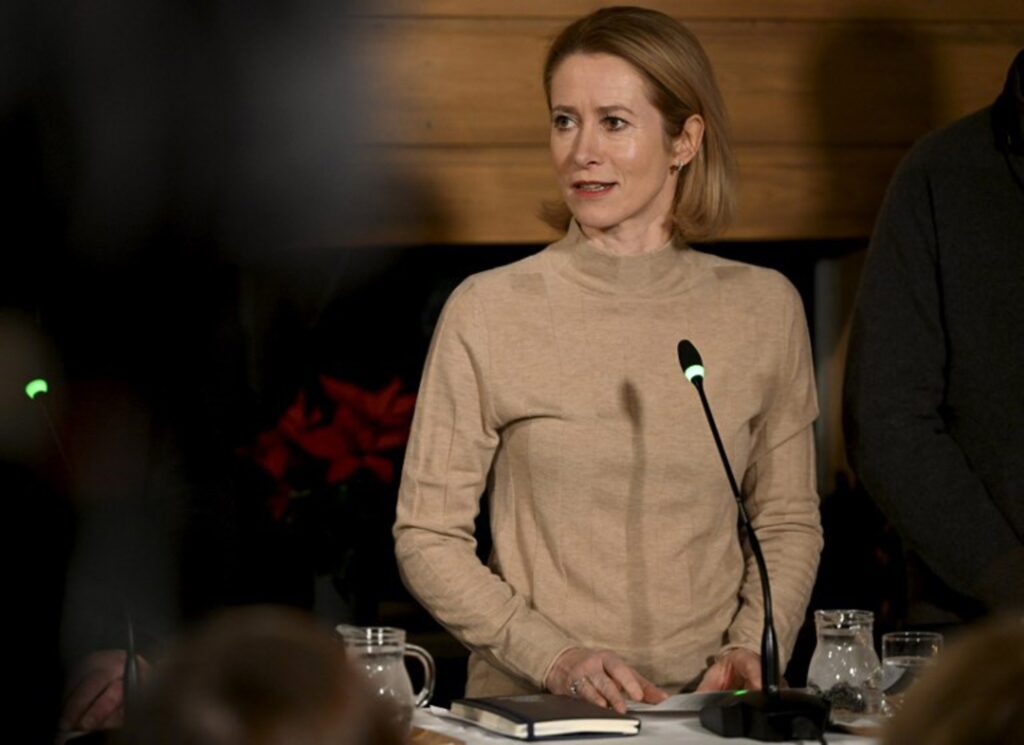The European Union’s foreign policy chief Kaja Kallas on Tuesday accused Russia of weaponising gas and waging a hybrid war in Moldova, where the pro-Russian separatist region of Transnistria has not received Russian gas since early January.
“Russia continues to use gas as a weapon, and Moldova is once again the target of its hybrid war,” remarked Kallas on the social network X. Kallas confirmed her discussions with Moldovan Prime Minister Dorin Recean to “reaffirm the unwavering solidarity” of the European Union with Moldova.
“Thanks to EU support, Moldova remains resilient and well-connected to European energy networks,” Kallas assured.
Tensions are rising between Russia and Moldova, with the pro-Russian separatist region of Transnistria fearing a complete loss of electricity after the halt in Russian gas supplies. Russian energy giant Gazprom announced in December that it would cease deliveries to Moldova amid a financial dispute with the former Soviet republic, which aspires to join the European Union.
The conflict revolves around a debt claimed by Gazprom to be over $700 million, a figure disputed by Chisinau (the capital of Moldova), which estimates it at only around $9 million. As a result, Gazprom stopped gas supplies from 1 January.
The rest of Moldova has so far been spared from cuts but relies heavily on the thermal power plant in Cuciurgan, located in Transnistria, for its electricity needs. This crucial infrastructure, which used to produce up to 80% of Moldova’s electricity, has since 1 January been supplying only Transnistria and is running on coal, with reserves expected to last until late January or mid-February at the latest.
“Russia has one goal: to provoke instability in the region and especially to influence the outcome of the parliamentary elections scheduled for next autumn,” Moldovan Prime Minister Dorin Recean stated to foreign press.
The cessation of gas supplies on 1 January coincides with the end of Russian gas deliveries via Ukraine, a decision made by Kyiv due to the ongoing war. But despite gas no longer transiting through Ukraine, Moscow could “deliver gas through the TurkStream pipeline but refuses to do so,” said Recean, who leads a pro-European government.

